


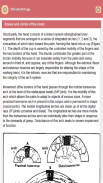

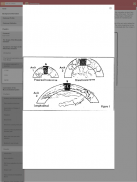
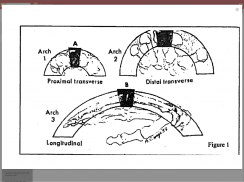
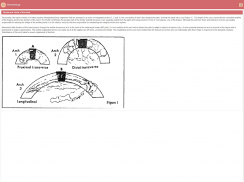

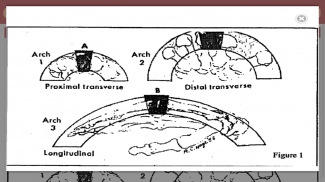

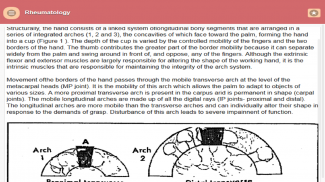
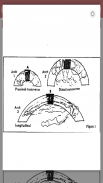
Rheumatology UCT

Descriere Rheumatology UCT
The Division of Rheumatology at the University of Cape Town is very actively involved in teaching, service delivery and research.
Teaching is directed at medical students in their 4th 5th and 6th years of training. There is also training for post graduates specialising in general medicine in the form of registrar rotations through Rheumatology, as well as formal teaching for the Part 1 and Part 2 of the FCP (SA) examinations. Medical registrars rotating through the unit are encouraged to undertake rheumatology topics for the MPhil degree. The Division is highly suited for training super specialists in Rheumatology due to the wide spectrum of rheumatic diseases that are treated in the different clinics.
Service is provided through several outpatient clinics and inpatients admitted to the general medical wards as well as the orthopaedic wards. Patients with severe RA may be admitted for surgery or for rehabilitation purposes. There are 2 new patient clinics per week and 2 follow-up clinics per week. In addition, a weekly Connective Tissue Diseases clinic has been established for treating patients with SLE, Scleroderma, Myositis and different forms of vasculitis, especially Takayasu’s Disease.
The Division of Rheumatology has several research interests relating to different aspects of the rheumatic diseases. Osteoporosis is an area of interest for many years and there is ongoing collection of longitudinal bone mineral density data in patients with rheumatoid arthritis (RA) and systemic lupus erythematosus (SLE). Age-related bone loss at different skeletal sites is being prospectively studied in collaboration with the Department of Nuclear Medicine and the Endocrine Unit. Clinical drug trials are in progress to study the safety and efficacy of the newer non steroidal anti inflammatory drugs (NSAIDS), in collaboration with the GIT Unit. These newer COXIBS are being evaluated in patients with RA and osteoarthritis (OA). All of these include collaborative participation with the GIT Unit, where gastropathy is an outcome variable, measured by gastroscopy. Recently, the trials of coxibs have included cardiovascular outcomes as well. We have also been looking at SLE genetics in collaboration with the Hepatology Unit at UCT. Newer areas of research include the study of chronic tophaceous GOUT; community aspects of diagnosing and treating rheumatic diseases at CHC’s; early rheumatoid arthritis; genetics of bone loss in SLE; and functional problems in ankylosing spondylitis and DMARDs in Psoriatic Arthritis. More recently, we have been involved in studies looking at the short-term and long-term effects of biologic therapiesin the different rheumatic diseases, especially RA.
The rheumatic diseases unit provides in- and outpatient rheumatology services for the entire Western Cape region. Sessions are carried out at the Heideveld and Khayelitsha Community Health Centres 6 times a year. Training is provided on a continuous basis for medical students, allied health professionals, a senior house officer, two rotating medical registrars and two career registrars. Research is largely clinically orientated, but a laboratory-based approach is being used to study the genetics of SLE and the differentiation between flares and infection in SLE patients. Family studies have also been started in patients with SLE and RA. In addition, there is very significant involvement in clinical drug trials in rheumatoid arthritis, systemic lupus erythematosus, psoriatic arthritis and osteoarthritis. Collaborative research is being carried out with the Liver Unit to study bone density in auto-immune hepatitis.

























